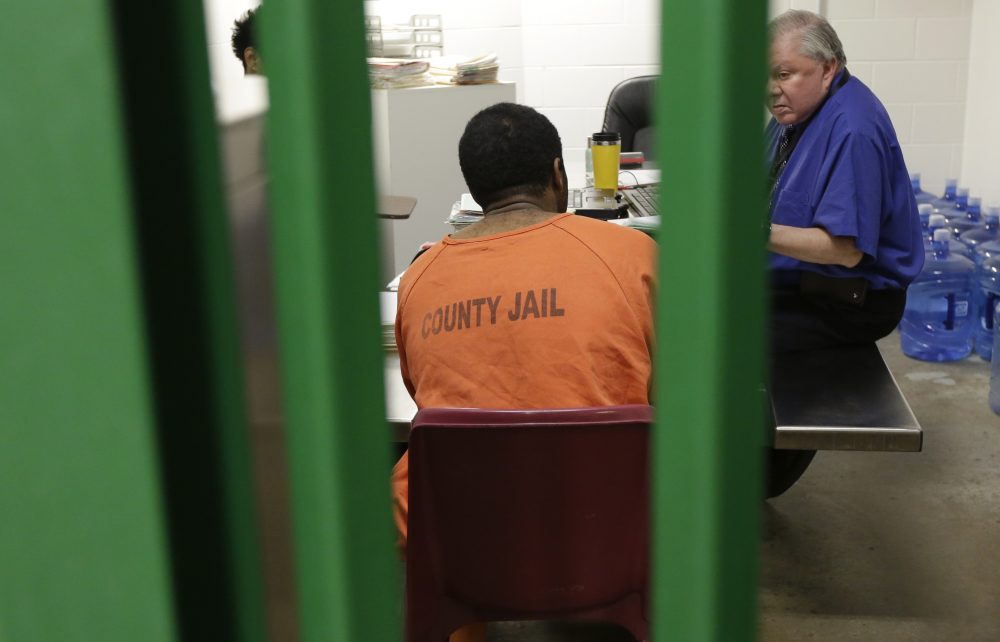
Black women who have at least one incarcerated family member are more likely to experience depressive symptoms and psychological distress, according to a new study.
Researchers from Rice University, Vanderbilt University and the University of Connecticut interviewed nearly 2,000 Black women who themselves who have never been incarcerated but may have a sibling, spouse, child or parent in jail.
Nearly half of all Black women have a family member in prison, compared to 12% of white women, according to previous research.
“This is a common type of stressor for Black women,” said Rice University sociologist Tony Brown, who worked on the study.
The study found that the stress of familial incarceration had similar effects on Black women, regardless of their life situation.
“I assumed that the burden would be more heavily borne by Black women who are less well-off, those who might be unemployed, those who might be parents but not married,” Brown said. “But that’s not what we found.”
Other stressors — like having an aging parent, problems with work or experiencing discrimination — tend to be mitigated when a person is married, employed or has higher levels of education.
But familial incarceration is different, Brown said.
“What makes someone less vulnerable to typical stressors, may not translate to what makes someone less vulnerable to the stressor of familial incarceration,” he said.
For example, Brown said the mental health impacts were significant on women even when the incarcerated family member wasn't a child or spouse.
“They don't have children, they probably are not married to someone or romantically connected to someone who is incarcerated, so they have the least risky profile,” Brown said, “and we saw an effect that was about two symptoms, which is a sizable number of symptoms when we’re talking about depressive symptoms.”
Understanding the mental health effects of family incarceration is one aspect of how Brown said he’s studying the mental toll of living in an anti-Black society.
“I’ve been trying to understand what it means to walk around with the weight of anti-Blackness on your shoulders and to still feel good about yourself, feel good about your loved ones, feel good about your community,” Brown said. “I do not know how Black people are still whole and healthy, and maybe we are not whole and healthy. In this moment I am not whole and healthy.”

 74 °F
74 °F